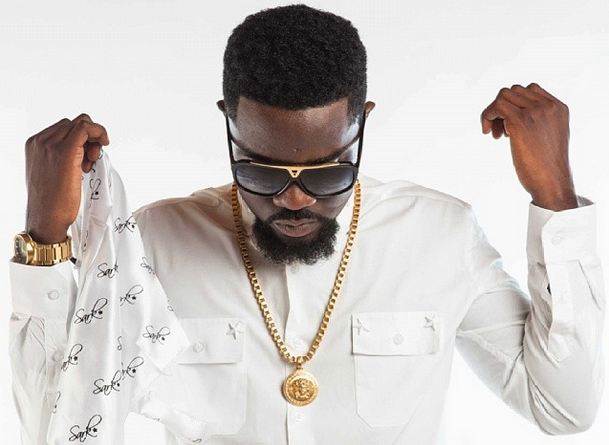Introduction
Stephen Kwame Oppong, popularly known as Daddy Lumba, is a Ghanaian highlife musician whose career has spanned over three decades. Renowned for his distinctive voice, captivating melodies, and profound lyrics, Daddy Lumba has cemented his place as one of Ghana’s most influential musicians. With numerous hit songs and albums, he has played a pivotal role in shaping the highlife genre and inspiring generations of artists.
Early Life and Background
Daddy Lumba was born on September 29, 1964, in Nsuta, a town in the Ashanti Region of Ghana. His passion for music emerged at an early age, influenced by traditional Ghanaian highlife and other African rhythms. He later relocated to Germany, where he further honed his musical craft while balancing life abroad.
Musical Career
Daddy Lumba’s career took off in the late 1980s and early 1990s, when he collaborated with fellow highlife musician Nana Acheampong as part of the duo "Lumba Brothers." Their partnership produced several hits before they pursued solo careers.
As a solo artist, Daddy Lumba became a household name, blending highlife with elements of hiplife, reggae, and Afrobeat. His music often explores themes of love, social issues, and personal experiences, resonating deeply with fans across Africa and beyond.
Notable Albums and Songs
Daddy Lumba has released over 30 albums, many of which have achieved critical and commercial success. Below is a compilation of his most popular songs across different albums:
Early Career & Breakthrough Hits
"Aben Wo Ha" (with Nana Acheampong)
"Yeeye Aka Akwantuo Mu"
"Meye Obaa"
"Adwoa"
1990s – Peak of His Career
"Awosoɔ" (1995)
"Awosoɔ"
"Obi Ate Me So Buo"
"Dɔnkɔbe"
"Poison" (1996)
"Poison"
"Abrantie"
"Obiara Behyɛ Bio"
"Yɛgye Wo Sika" (1997)
"Yɛgye Wo Sika"
"Mensei Da"
"Odo Nti Na Menkɔ"
2000s – Continued Dominance
"Sika Asɛm" (2000)
"Sika Asɛm"
"Me Dɔ Wo"
"Obi Nnyɛ Ne Yere"
"Ahenfoɔ Kyiniɛ" (2002)
"Ahenfoɔ Kyiniɛ"
"Mema Me Dɔ"
"Odo Foforo"
"Maame Yɛ Dɔ" (2004)
"Maame Yɛ Dɔ"
"Odo Da Wo Ho"
"Me Manu"
2010s – Evolution & Relevance
"Adoley" (2010)
"Adoley"
"Me Nsuma Boo"
"Odo Nwansena"
"Mɛgye Wo Sika" (2015)
"Mɛgye Wo Sika"
"Odo Time"
"Obiara Nte Ne Ho Asɛm"
"Ensesa" (2018)
"Ensesa"
"Me Dɔ Wo No"
"Odo Ye De"
2020s – Legacy Continues
"Agyenkwa" (2020)
"Agyenkwa"
"Odo Daakye"
"Me Yɛ Dɔ"
"Obiara" (2023)
"Obiara"
"Me Ho Yɛ"
"Dɔnkɔ"
Awards and Recognition
Daddy Lumba’s contributions to music have earned him numerous accolades, including:
Ghana Music Awards (Multiple wins)
Highlife Artist of the Year
Lifetime Achievement Awards
Personal Life
Despite his fame, Daddy Lumba maintains a relatively private life. He is married and has children, some of whom have followed in his musical footsteps.
Legacy and Influence
Daddy Lumba remains a towering figure in African music. His ability to adapt to changing trends while staying true to highlife roots has kept him relevant for decades. He has inspired countless artists, including Shatta Wale, Kuami Eugene, and King Promise, who cite him as a major influence.
Conclusion
Daddy Lumba’s journey from a young boy in Nsuta to a highlife legend is a testament to his talent, hard work, and dedication. With a discography spanning over 300 songs, he continues to be celebrated as one of Ghana’s greatest musicians. His music transcends generations, ensuring his legacy endures for years to come.
















0 Comments